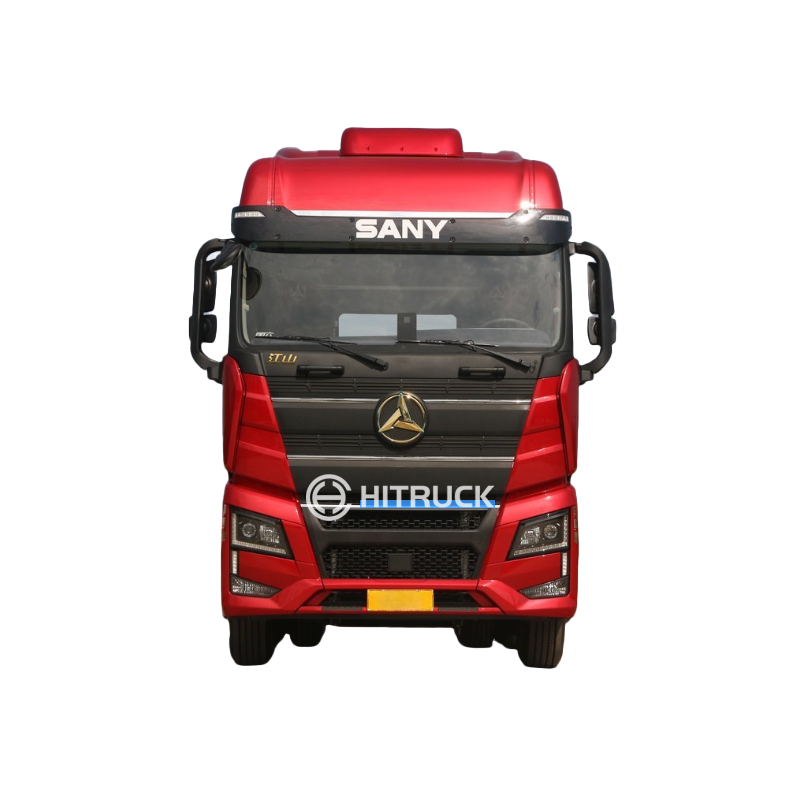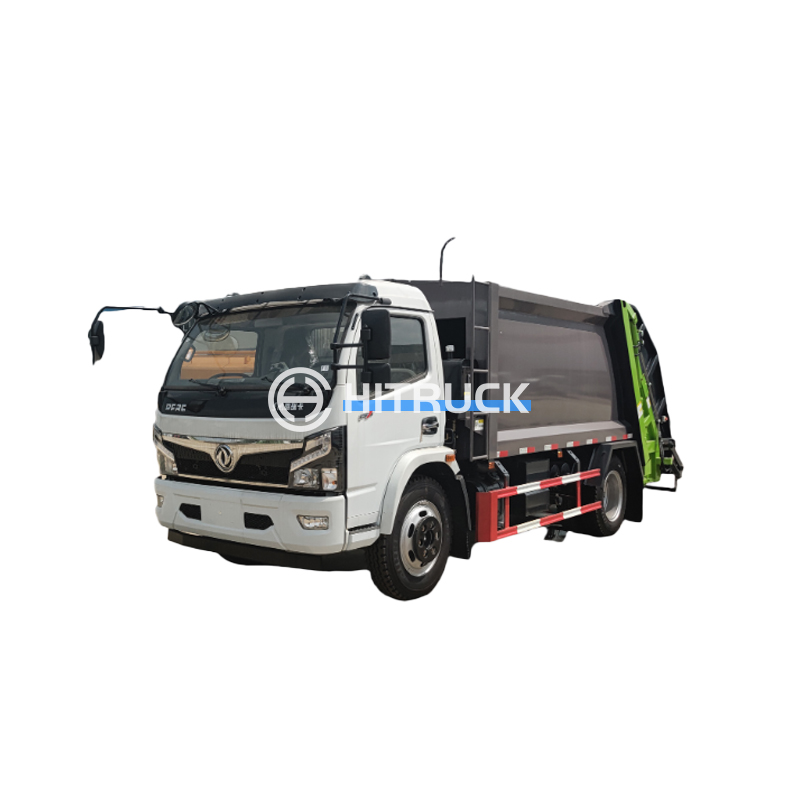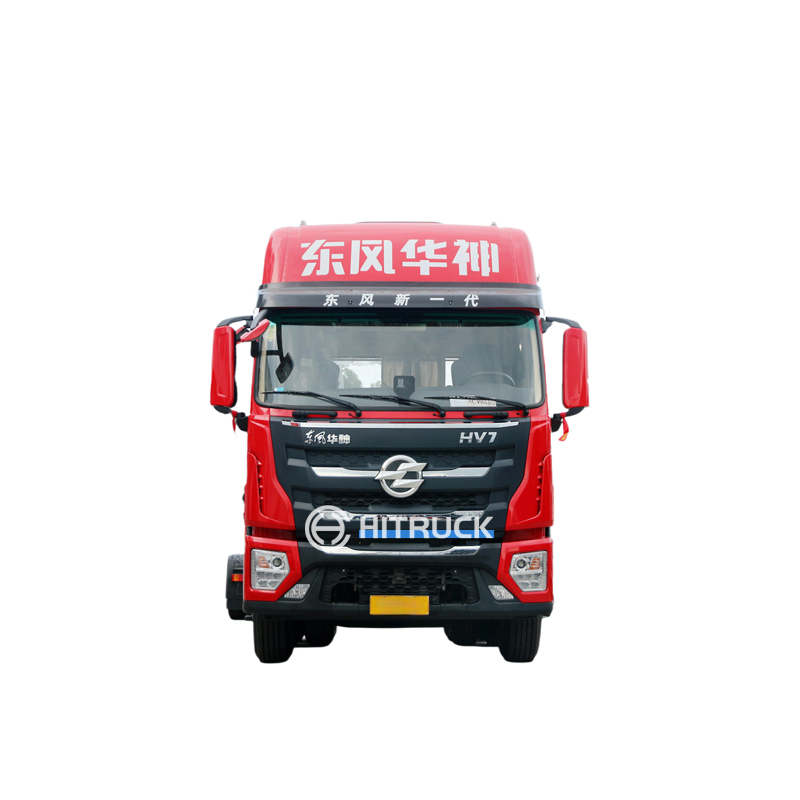This comprehensive guide helps you navigate the market for used water tank trucks, covering everything from identifying your needs to making a smart purchase. We'll explore different types of tanks, crucial considerations for buying a used vehicle, and resources to help you find the perfect fit. Learn how to assess condition, negotiate price, and ensure a safe and reliable investment.
The first critical consideration is the water tank's capacity. Will you need a smaller truck for local deliveries or a larger one for long-distance transportation? Consider the typical volume of water you'll transport in a single trip and select a used water tank truck accordingly. Size also impacts maneuverability; smaller trucks are easier to navigate in tight spaces. Larger capacity usually translates to a bigger truck footprint, affecting transport costs and parking considerations.
Water tank trucks are typically constructed from steel, aluminum, or fiberglass. Steel is robust and durable but heavier, impacting fuel efficiency. Aluminum is lighter and less prone to corrosion, but can be more expensive. Fiberglass offers good corrosion resistance and a lighter weight compared to steel, but may be less durable against impacts. The construction quality and the age of the used water tank truck directly impact its lifespan and maintenance needs.
The pump is essential for loading and unloading water. Different pumps offer varying flow rates and pressures. Consider the speed and efficiency needed for your applications. Check the pump’s specifications, maintenance history, and the overall condition. A well-maintained pump is crucial for efficient operation and prolonged lifespan.
Thoroughly examine the truck's body for rust, dents, or damage. Check the tires for wear and tear, and inspect the lights, signals, and mirrors. Look for any signs of previous repairs or accidents. A detailed visual inspection provides the foundation for assessing the overall condition.
Assess the cab’s condition, checking for wear and tear on the seats, dashboard, and controls. Verify that all gauges and instruments are functioning correctly. A clean and well-maintained cab suggests careful previous ownership and better overall vehicle condition.
Inspect the water tank for any signs of rust, leaks, or damage. Check the welds, seams, and connections. Look for any evidence of previous repairs or modifications. It's highly recommended to have a professional inspection done to ensure the tank's structural integrity and watertightness.
A comprehensive mechanical inspection is crucial. Check the engine, transmission, brakes, and other essential components. A mechanic can identify potential issues that might not be apparent during a visual inspection. This professional assessment protects your investment and ensures a safer operation.
Several avenues exist for finding a used water tank truck. Online marketplaces like those found on Suizhou Haicang Automobile sales Co., LTD offer a wide selection. You can also explore auctions, classified ads, and directly contacting dealerships specializing in commercial vehicles. Remember to compare prices, specifications, and the seller's reputation before making any commitment.
Once you find a suitable used water tank truck, don't hesitate to negotiate the price based on your assessment of its condition and market value. A thorough inspection report can aid in negotiations. Remember to carefully review all contracts and paperwork before completing the purchase. Seeking legal counsel might prove beneficial for securing your interests.
| Material | Pros | Cons |
|---|---|---|
| Steel | Strong, durable, relatively inexpensive | Heavy, prone to rust |
| Aluminum | Lightweight, corrosion-resistant | Expensive, can be damaged more easily |
| Fiberglass | Lightweight, corrosion-resistant | Less durable than steel, can be more expensive than steel |
By following these steps, you'll significantly increase your chances of finding a reliable and cost-effective used water tank truck that meets your specific needs.












